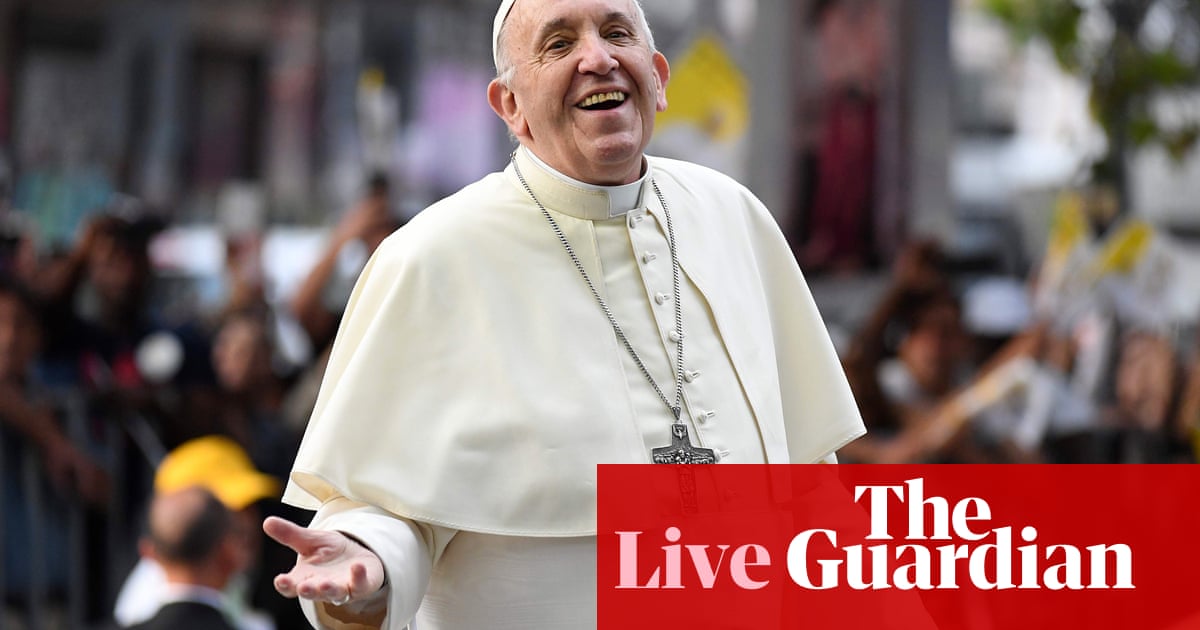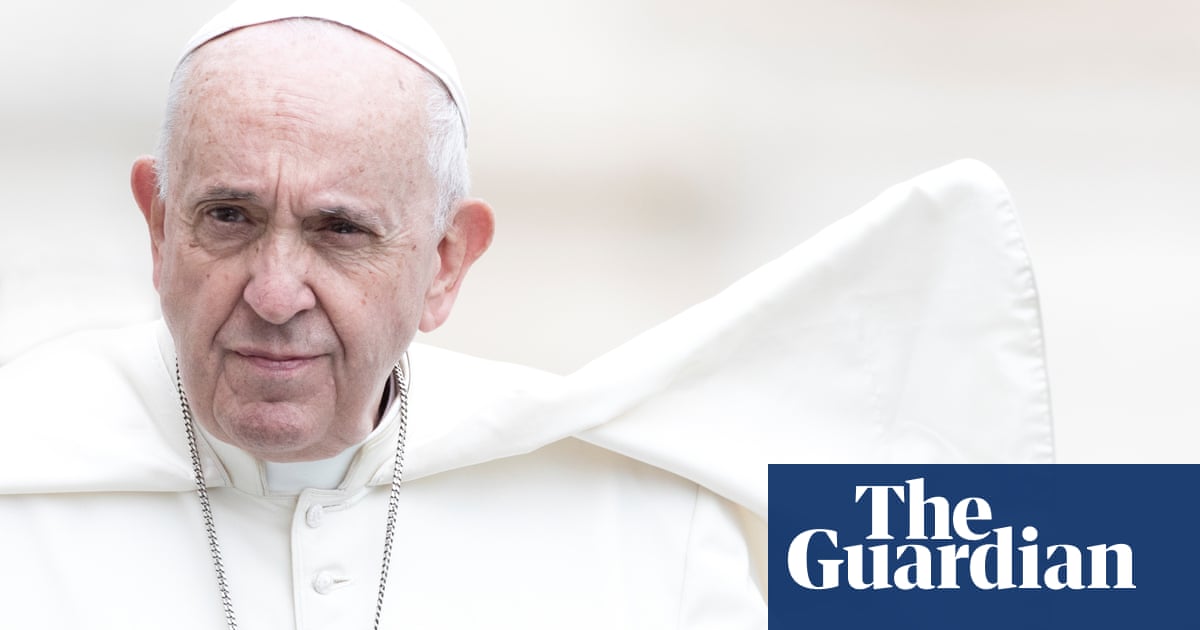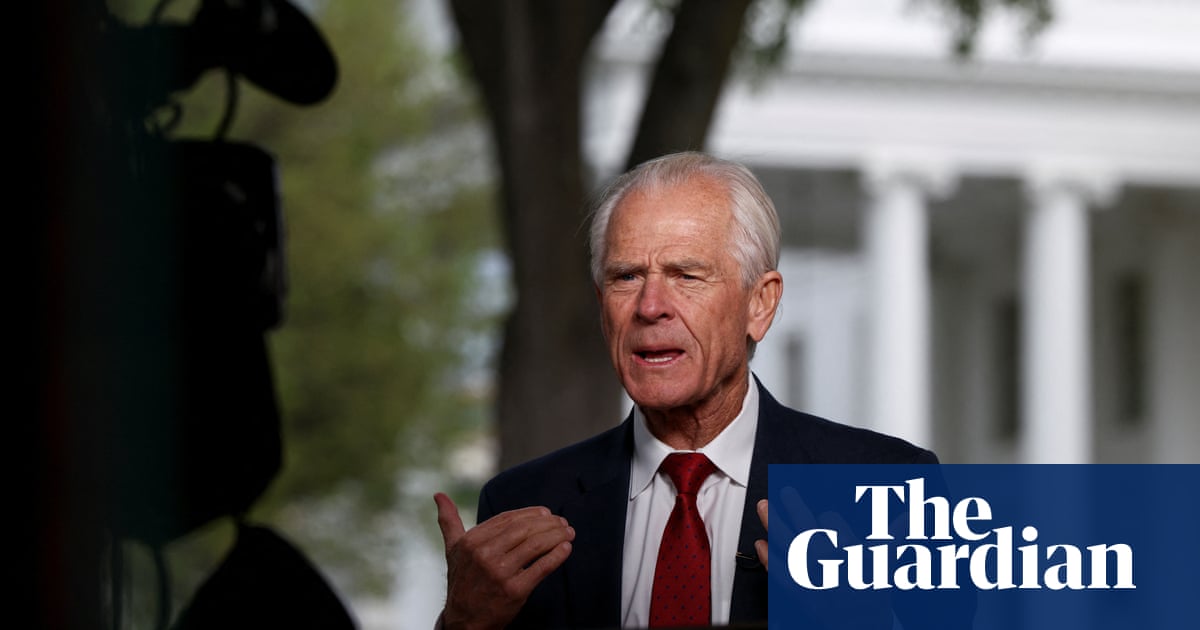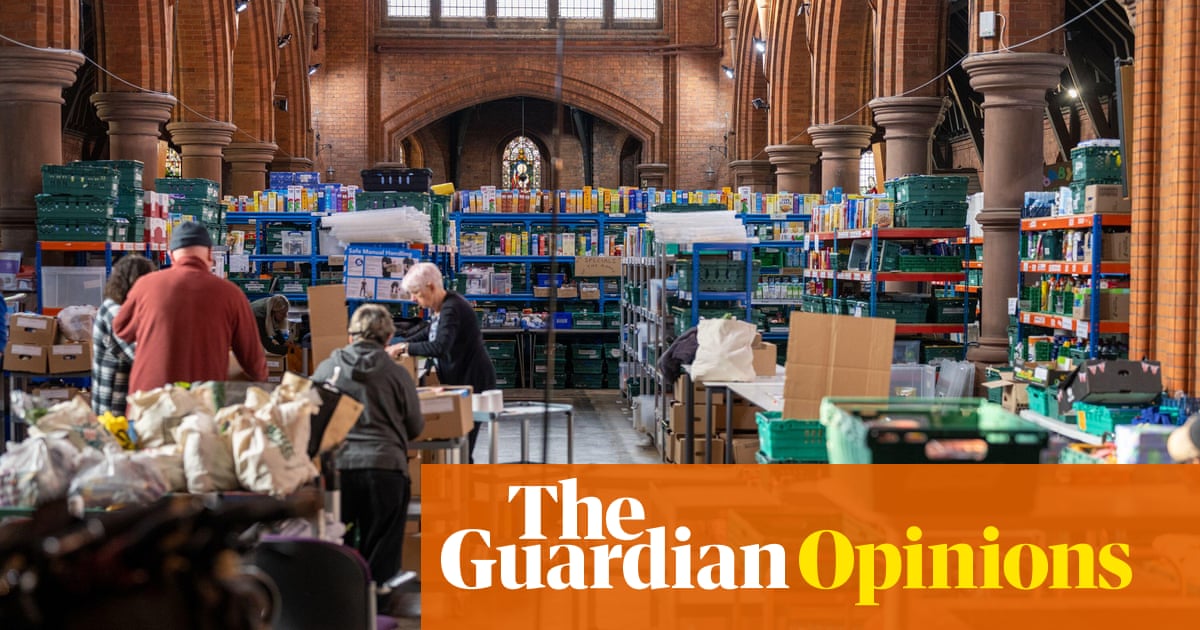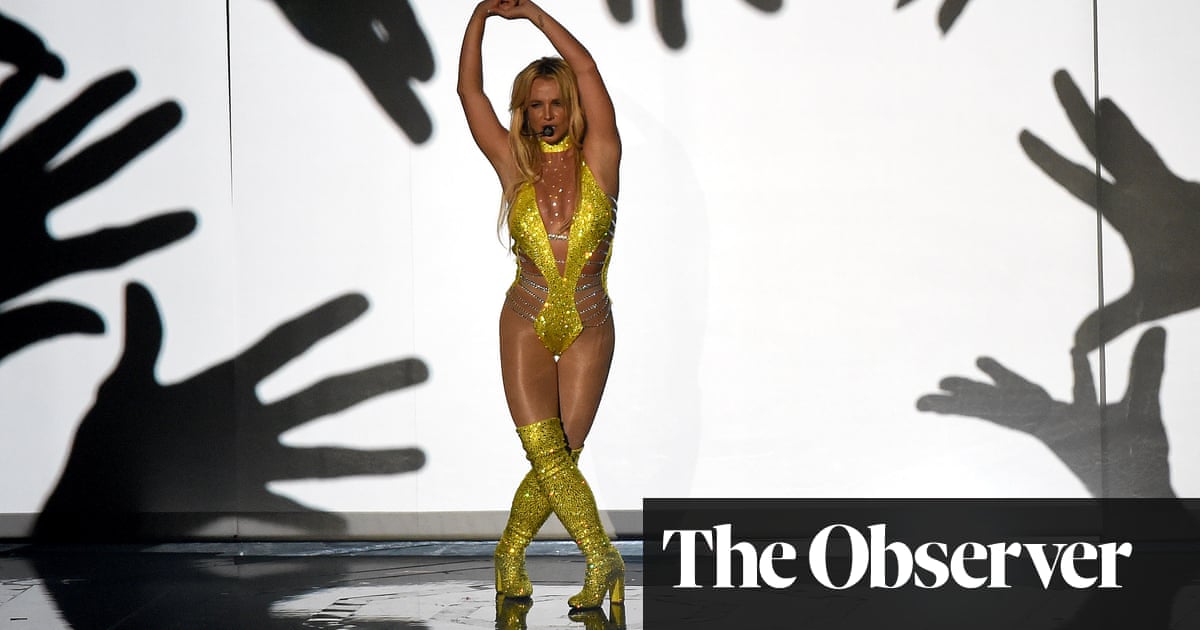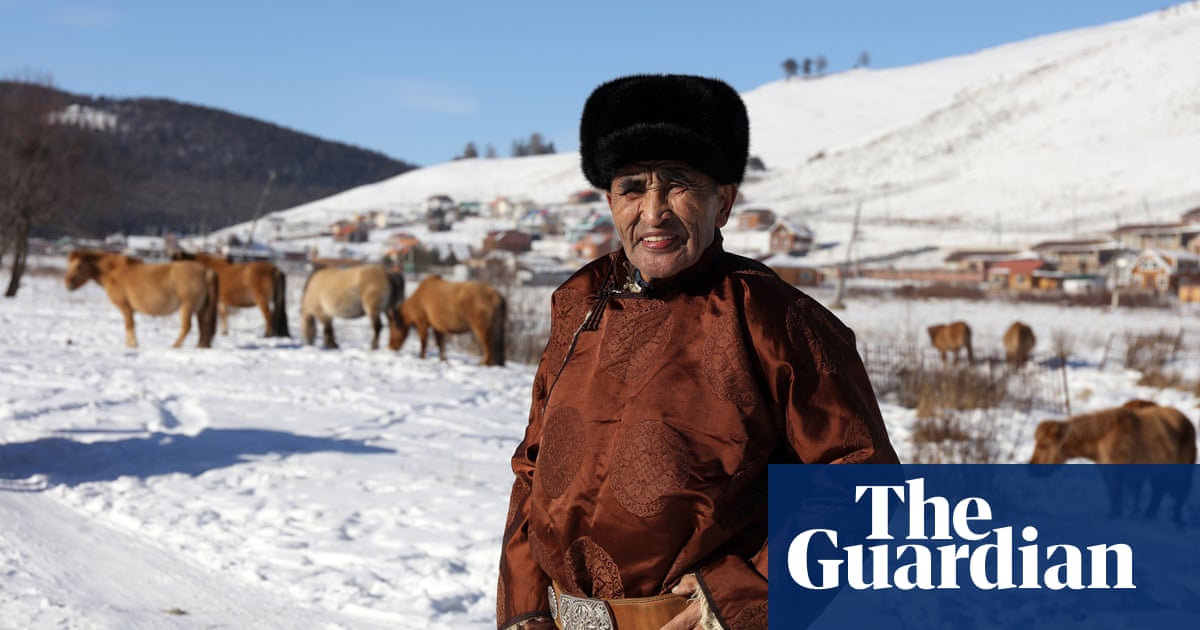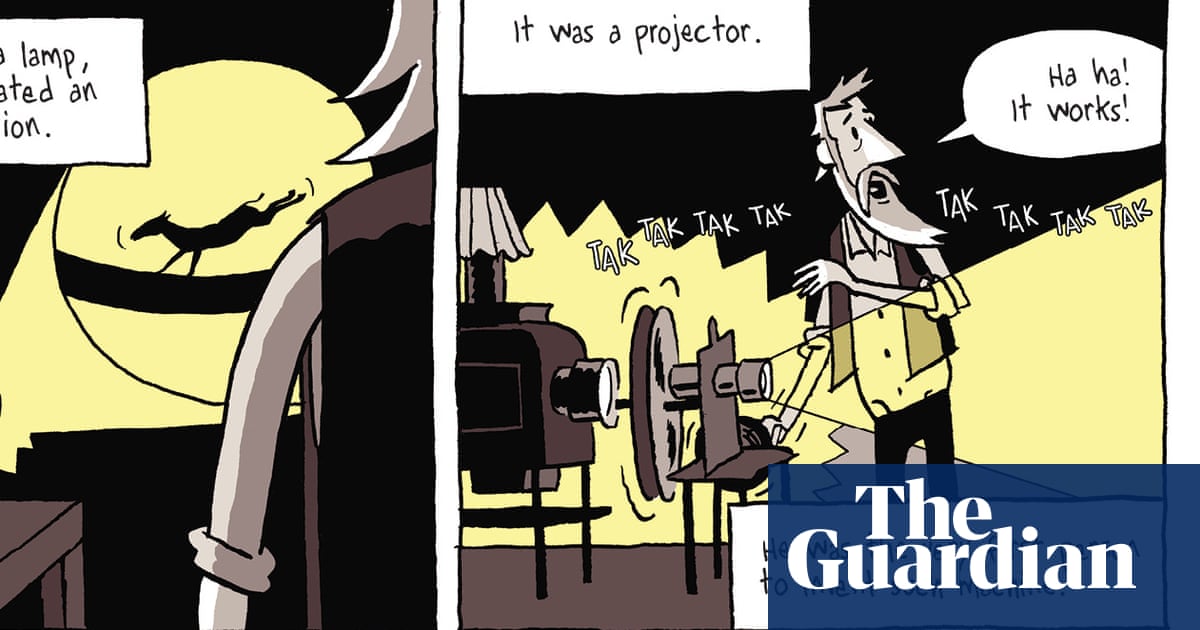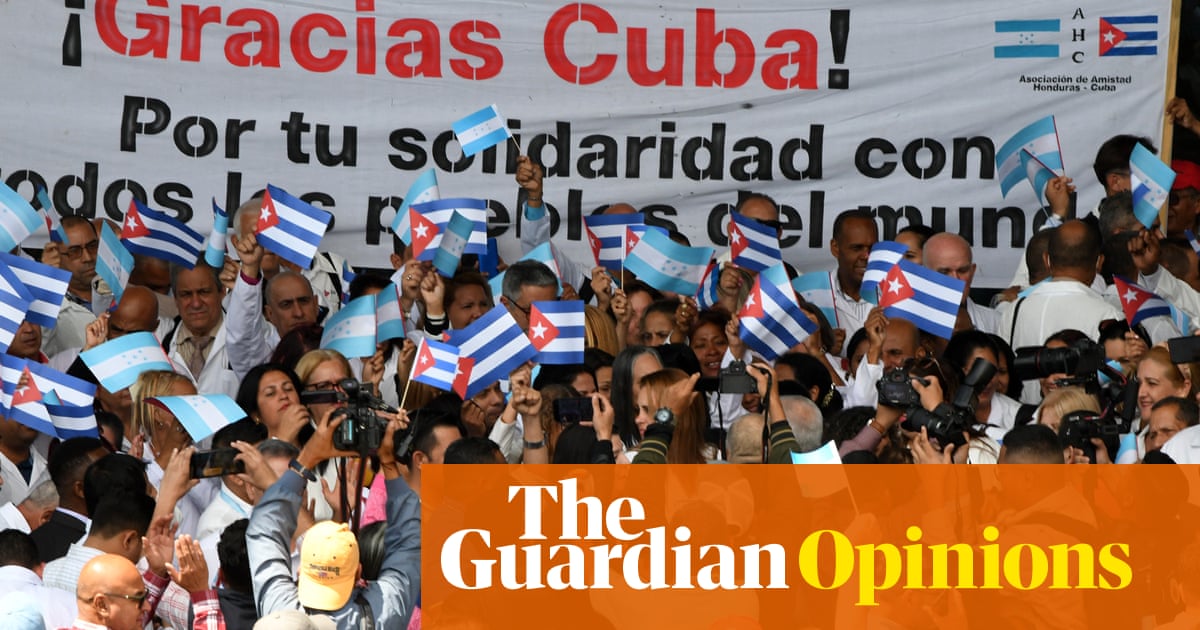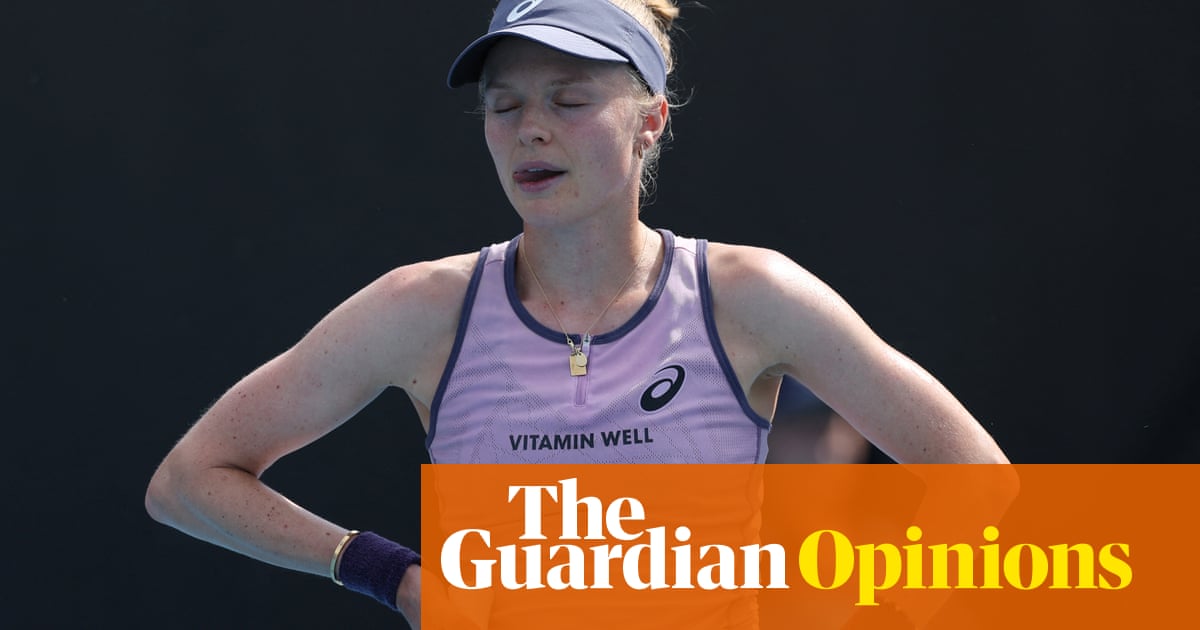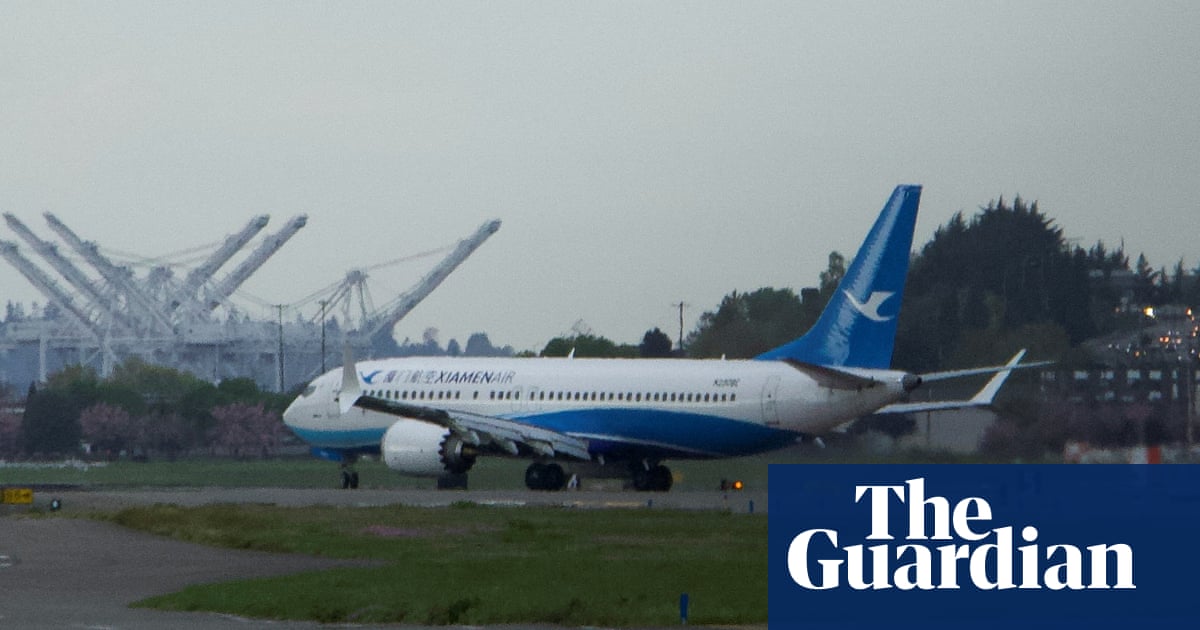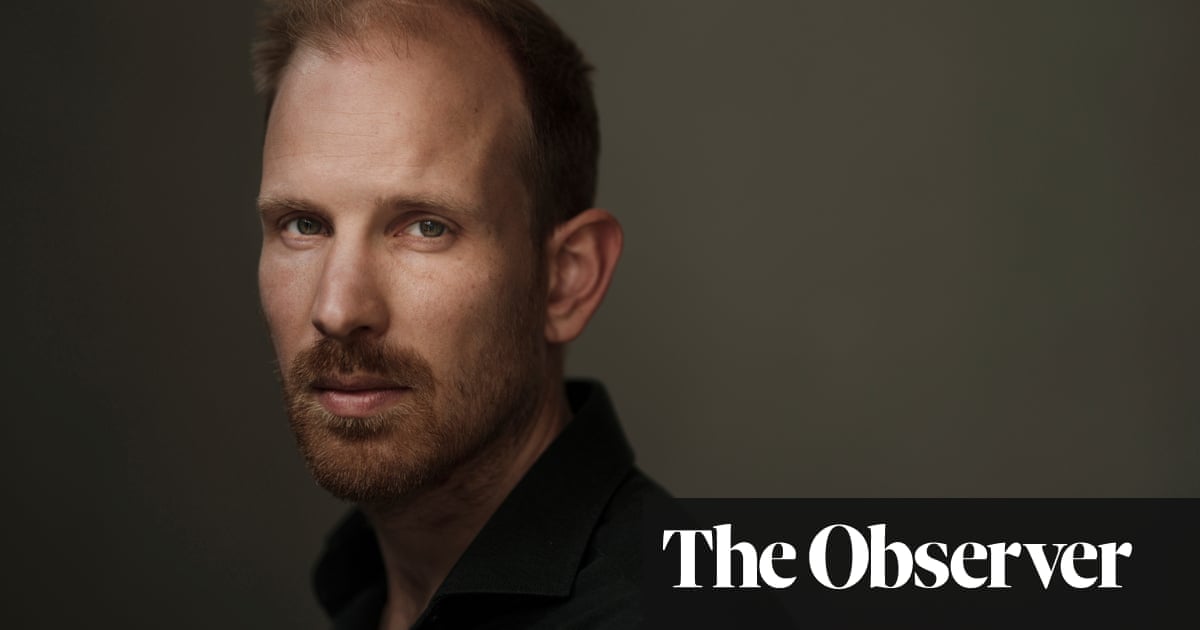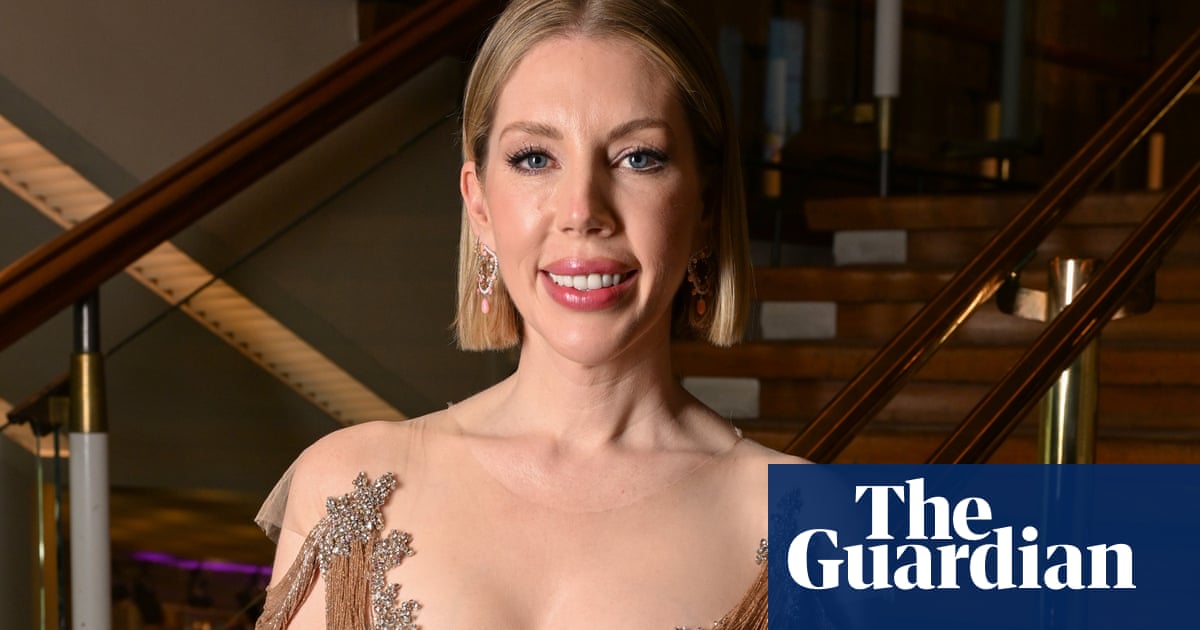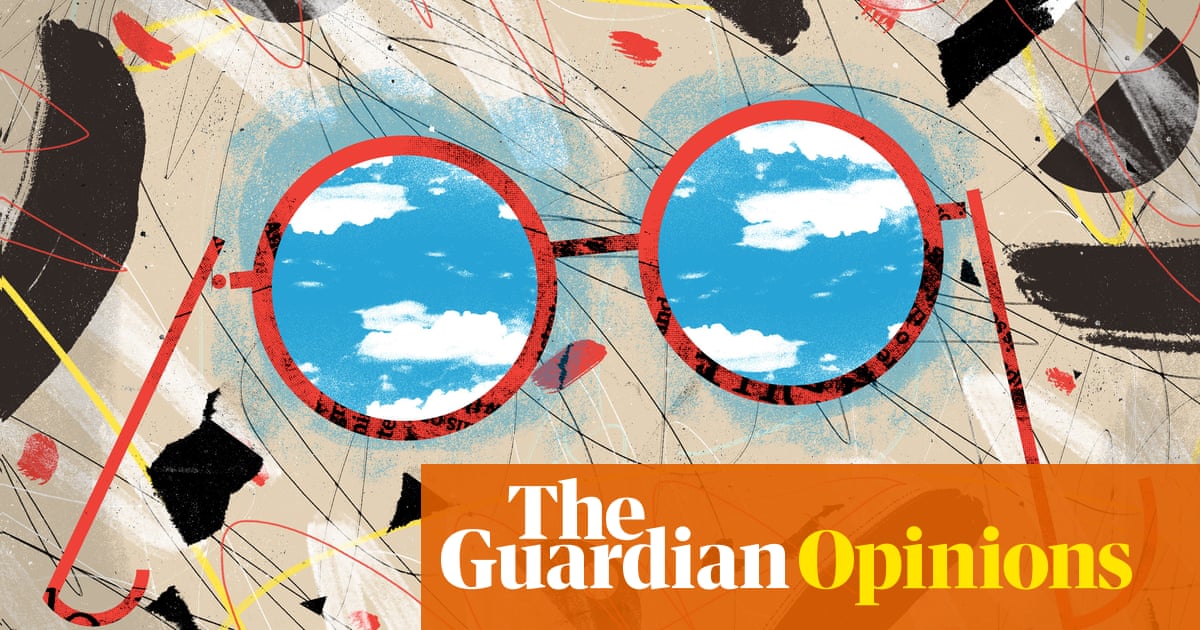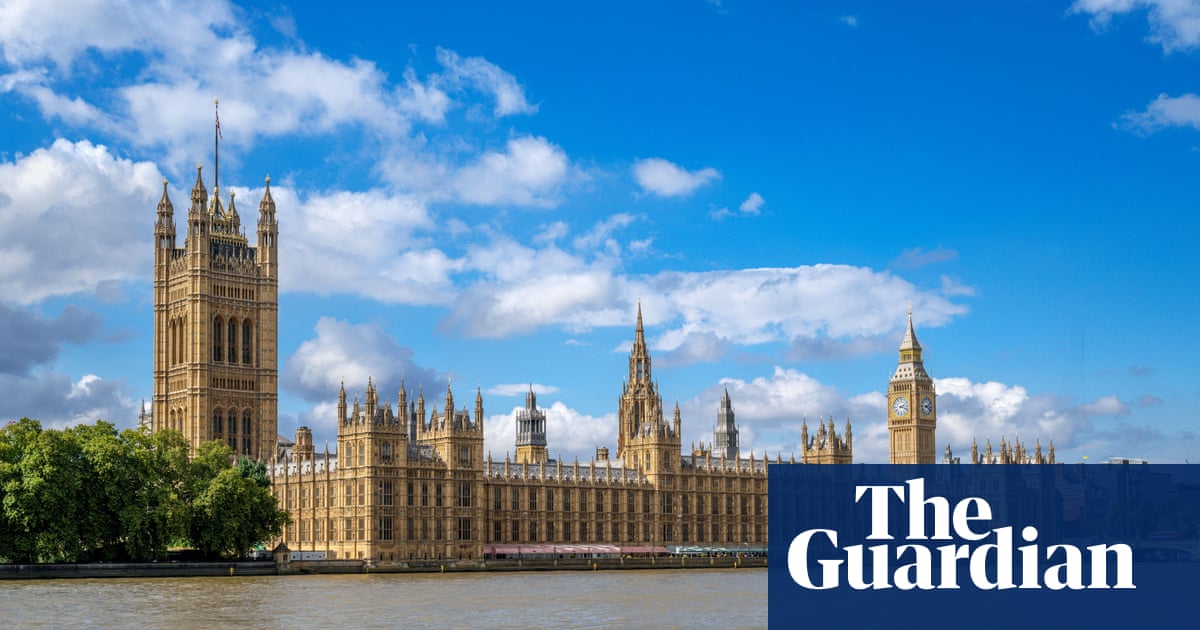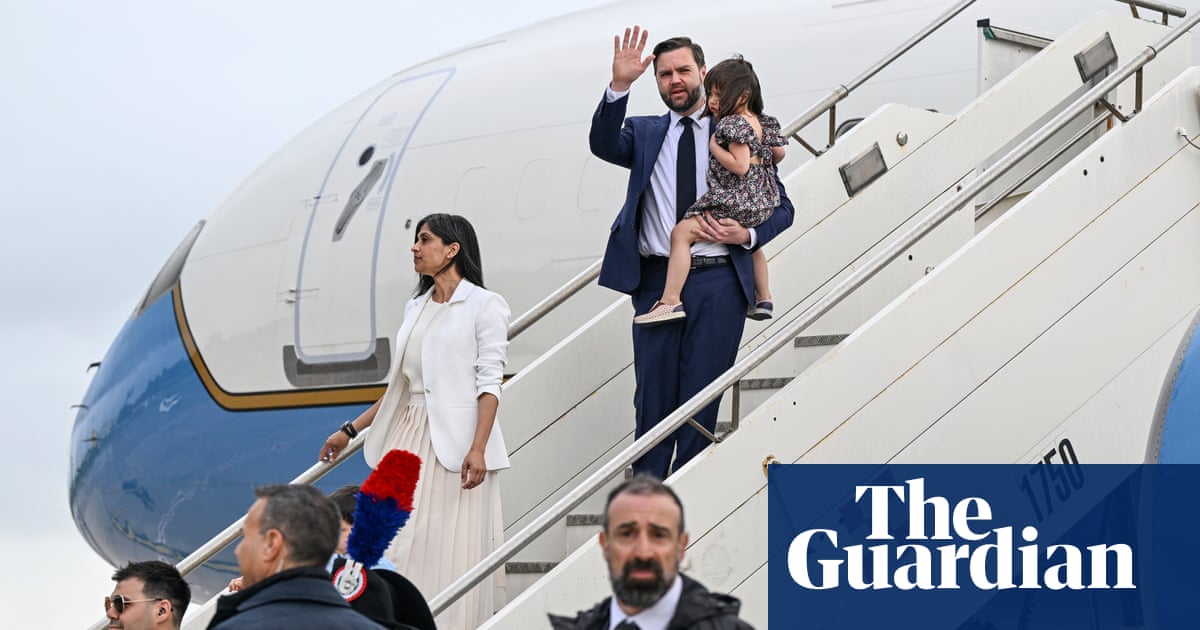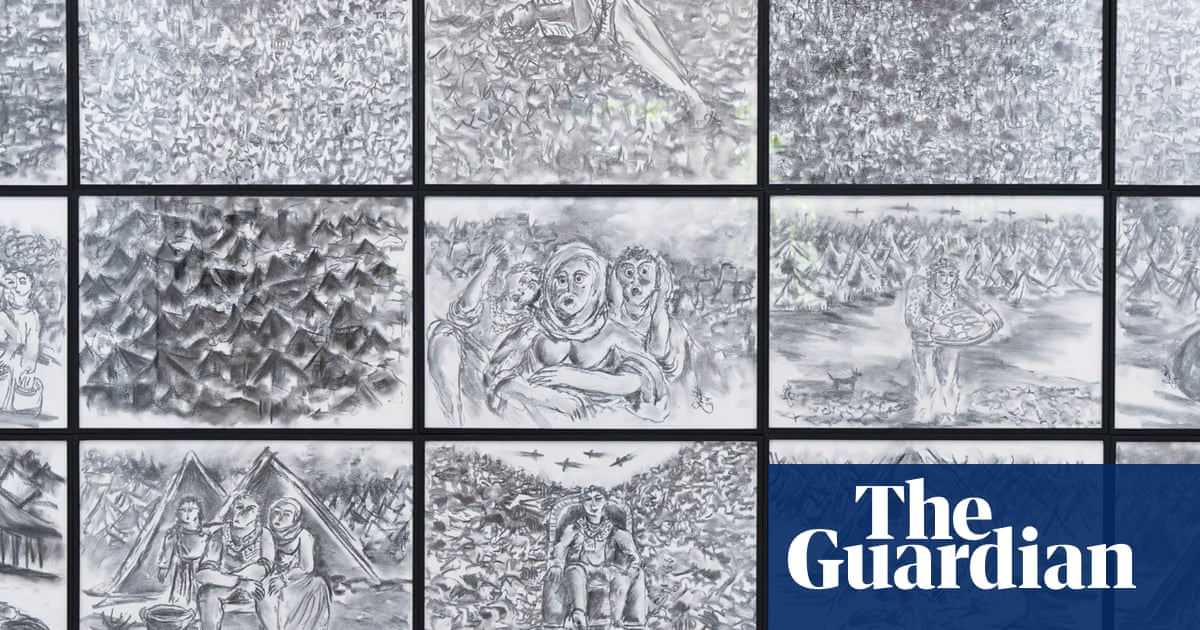This year’s week-long gabfest in the Alpine resort of Davos, which kicks off on Monday, will be held under the banner: “A Call for Collaboration in the Intelligent Age”.
Given that it will open as Donald Trump is inaugurated with a promise to jack up import tariffs, trash the Paris climate agreement and put an anti-vaxxer in charge of the US health system, hopes of either collaboration or intelligence being much on display in 2025 appear bleak.
Nevertheless, the 60 world leaders expected to attend the World Economic Forum will get the opportunity to try out the latest tech kit and drop in to sessions on everything from “smart factories” to the “Rubik’s cube of global security”.
Davos-goers were once derided as the quintessential “citizens of nowhere”, the phrase used by Theresa May when she was prime minister, to describe the “international elites” she said were out of touch with their neighbours at home. “If you believe you’re a citizen of the world, you’re a citizen of nowhere,” she memorably said.
But in the eight years since May gave that speech, in the long shadow cast by the Brexit vote, many aspects of the liberal, pro-globalisation consensus that sustained “Davos man” (and woman) have fallen away.
Free trade is no longer regarded as an unquestioned positive, while the Covid pandemic shutdowns and war in Ukraine have underlined the risks of complex global supply chains.
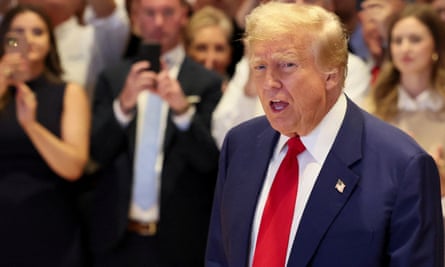
Even before November’s US presidential election, free trade was arguably in retreat, with Joe Biden maintaining the tariffs imposed by Trump in his first term and imposing bans on key tech exports to China on security grounds. Hopes that binding China and Russia into the global trading and economic system would exert a gravitational pull on their politics, towards democracy and liberalism, are long gone.
Now, Trump 2.0 is preparing to slap sweeping tariffs on imports – potentially on all the US’s trading partners, certainly on China. Details remain hazy – but there must be a non-negligible risk that the situation degenerates into a messy trade war. Trump himself will address Davos delegates by video-link on Thursday.
The free and easy approach to migration that was another tenet of the liberal consensus is also long gone, with Trump far from the only populist politician promising tougher border controls.
Leaders in France and Germany are under intense political pressure, closely linked to the challenges of managing a difficult fiscal situation, against the backdrop of weak economic growth.
Central bankers, some of whom will travel to Davos – including European Central Bank president Christine Lagarde – also face a difficult year ahead as they try to balance the twin threats of sticky inflation and weakening growth.
Multilateral institutions and anti-poverty charities, including the World Bank, Oxfam and the UN Development Programme will all be represented in the sparkling air of the Alps, and will urge leaders to remember their responsibilities to the world’s poor.
But with public sector debt levels in the developed world generally high after the punishing years of Covid, and populists popping up in many nations to demand tax cuts and attack international institutions, it is difficult to be optimistic.
after newsletter promotion
Ukrainian leader Volodymyr Zelenskyy will be at the summit, making the case for continued support for his country’s war with Russia in the face of Trump’s scepticism.
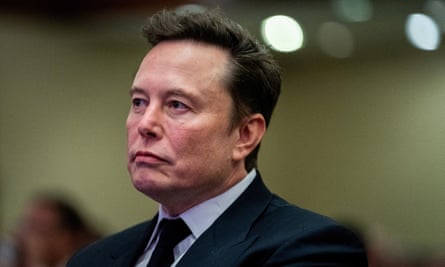
Aside from geopolitics, much discussion in Davos will revolve around the potential for artificial intelligence to tackle some of the world’s most pressing challenges – with varying degrees of plausibility. But it has become increasingly difficult to separate these technological advances from the political demands of the Silicon Valley mega-firms.
Mark Zuckerberg, of Meta, has called on Trump to help him to combat regulation from outside the US – including the EU. Meta is expected to be represented this week by outgoing president of global affairs Nick Clegg, a Davos man par excellence, serving out his last few weeks in post.
Elon Musk and Jeff Bezos, of X and Amazon respectively, are fiercely against trades unions and labour regulation. The former has been given a job by Trump, the latter – alongside Zuckerberg – is attending his inauguration.
Given this political backdrop, it may be difficult to summon much unbridled techno-optimism at this year’s Davos, however free-flowing the cocktails. Perhaps Trump will strike a conciliatory tone when he dials in on Thursday; but it seems highly likely that the “call for collaboration” will go unheeded.

 3 months ago
42
3 months ago
42
